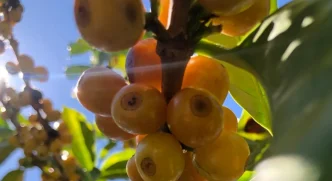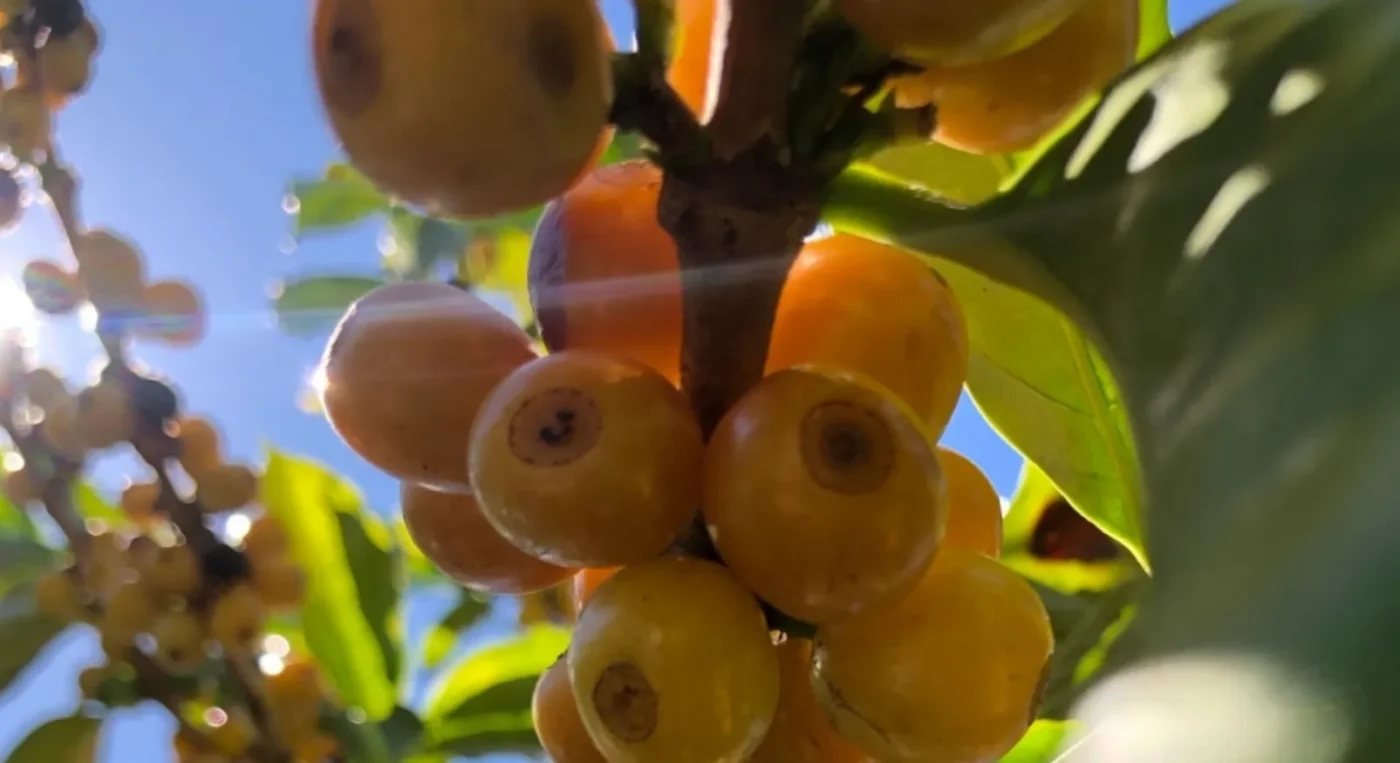The aroma of freshly brewed coffee filled the air at the Jakarta International Convention Center from May 15 to 17, as Indonesia hosted the Asia edition of World of Coffee 2025. For the first time, this globally significant event, organized by the Specialty Coffee Association (SCA), took place in a coffee-producing nation. The message was clear: Indonesia’s coffee industry is not just thriving—it’s leading a cultural and economic revolution.
A Milestone for Indonesian Coffee
The decision to host World of Coffee in Jakarta marks a turning point for Indonesia, the world’s ninth-largest coffee exporter, which generated $1.1 billion from the trade in 2023. Unlike previous editions held in consumer hubs, this event spotlighted a nation where coffee is both a cultural staple and an economic driver. Thousands of attendees, from local baristas to international buyers, packed the convention center, sampling brews and witnessing the dynamism of Indonesia’s homegrown coffee scene.
The event showcased the rapid growth of local brands like Kopi Kenangan, Janji Jiwa, and Tuku, which have become household names. Kopi Kenangan, for instance, boasts over 800 outlets nationwide, while Janji Jiwa achieved a record-breaking expansion with 700 stores across 50 cities in just 18 months after its 2018 launch. Newer entrants like Tomoro Coffee, with 600 locations since 2022, further underscore the industry’s explosive growth.
Why Local Brands Are Winning
What fuels this unprecedented boom? Affordability, convenience, and a sense of national pride appear to be key. A recent informal survey of 114 Indonesian coffee drinkers revealed that 70 percent prefer local coffeehouse chains over global giants like Starbucks. Many cited prices—typically between 20,000 Indonesian Rupiah (US$1.22) and 50,000 Rupiah (US$3.05) per cup—as a major factor, compared to the higher costs at international chains.
Beyond price, local brands are tapping into the daily rhythms of Indonesian life. Coffee here is more than a beverage; it’s a ritual woven into productivity and social connection. Of the survey respondents, 77 percent described coffee as essential to their day, with many admitting they “simply couldn’t function” without it. Local chains meet this demand with strategic locations—malls, street corners, even mobile carts—making coffee accessible at any hour.
“In Jakarta, people drink coffee all day, but they’re choosing the location and ambiance as much as the coffee itself” said Shae Macnamara, founder of Expat Roasters. This adaptability gives local brands an edge, catering to varied needs—from quick grab-and-go cups to cozy spots for work or socializing.
Innovation on Wheels and Beyond
Innovation is at the heart of this coffee wave. Brands like Jago Coffee are redefining accessibility with mobile carts inspired by traditional jamu (herbal medicine) vendors. These roving cafés bring quality brews directly to neighborhoods, bypassing the high costs of fixed locations. “This allows us to be freer in building more sales points” said Yoshua Tanu, the visionary behind Jago and upscale chain Common Grounds. “I can turn four stores into 20 outlets without increasing the price.”
Janji Jiwa has adopted a similar “coffee on wheels” approach, reaching public spaces and residential areas with ease. This model challenges the traditional mantra of “location, location, location,” as Tanu puts it, by prioritizing affordability and reach over premium real estate. Such strategies resonate with consumers who value both quality and convenience.
Meanwhile, the drinks themselves reflect local tastes. The iconic es kopi susu—a sweet, creamy iced coffee made with Robusta beans and condensed milk—remains a favorite for its accessibility and nostalgic appeal. Kopi gula aren, sweetened with palm sugar, offers a modern twist, appealing to younger drinkers. Macnamara notes a generational divide: “The older crowd is still drinking long blacks and cappuccinos, but the younger generation is really excited by iced coffees and the es kopi susu movement.”
A Cultural and Economic Identity
The coffee boom is not just a retail phenomenon; it’s a statement of identity. “These days, especially in Jakarta, people understand that local brands also mean great brands” said Mikael Jasin, the 2024 World Barista Champion and chief innovation officer at Fore Coffee. The shift toward supporting homegrown businesses gained momentum during the COVID-19 pandemic, as consumers rallied behind local economies.
Indonesia’s coffee culture is deeply tied to its agricultural heritage. The country produces diverse single-origin beans—from the fruity notes of Sumatra to the sweet profiles of Kintamani in Bali. “Some of the best coffee in the world is right here at our doorstep” said Macnamara. Increasingly, domestic consumers are recognizing this value. In the survey, 39 percent of respondents expressed willingness to pay a premium for locally sourced beans, while over half prioritized sustainability and ethical sourcing in their choices.
Brands like Jago Coffee are fostering direct partnerships with farmers, some spanning over a decade. This not only ensures quality but also strengthens community ties. “For the Indonesian coffee culture to change this much, the level of education and advancement of both coffee players and customers has evolved significantly in the past 10 years” said Tanu. The result is a market where authenticity and local connection are as important as flavor.
Challenges and Opportunities Ahead
Despite the optimism, challenges loom. The rapid expansion of local chains raises questions about oversaturation and quality control. Can brands maintain consistency as they scale at breakneck speed? Additionally, while domestic demand for specialty coffee grows, global competition remains fierce. Indonesian exporters must balance meeting international standards with catering to evolving local tastes.
Yet the opportunities are vast. Hosting World of Coffee 2025 has put Indonesia on the global map as a coffee powerhouse, attracting investment and interest. The event highlighted the potential for further innovation—whether through mobile models, sustainable sourcing, or new flavor profiles tailored to younger generations. If local brands continue to adapt with the agility they’ve shown, they could redefine not just Indonesia’s coffee scene but its cultural export to the world.
The Bigger Picture: Coffee as Economic Driver
Economically, the coffee sector is a significant contributor to Indonesia’s GDP, employing millions across farming, processing, and retail. The rise of local chains amplifies this impact, creating jobs and fostering entrepreneurship. Small-scale vendors and mobile carts, for instance, lower the barrier to entry for aspiring business owners, while established brands like Kopi Kenangan inspire a new wave of startups.
Moreover, the focus on sustainability and ethical sourcing aligns with global trends, positioning Indonesian coffee as a responsible choice for eco-conscious consumers. If the industry can leverage this reputation, it could secure a stronger foothold in premium markets abroad. Government support—through policies promoting agricultural innovation or export incentives—could further catalyze growth, though such measures remain under discussion.
A Brew of Pride and Progress
As the dust settles on World of Coffee 2025, one thing is evident: Indonesia’s coffee industry is a force to be reckoned with. From the streets of Jakarta to rural farms in Flores, coffee is brewing a story of pride, innovation, and resilience. Whether it’s a humble cup of es kopi susu from a mobile cart or a meticulously crafted pour-over in a trendy café, each sip reflects a nation embracing its roots while reaching for global recognition.
As local brands expand and consumer tastes evolve, the question lingers: can Indonesia sustain this momentum to become a global leader in coffee culture? For now, the answer seems to be brewing in every corner of the archipelago, one cup at a time.
















